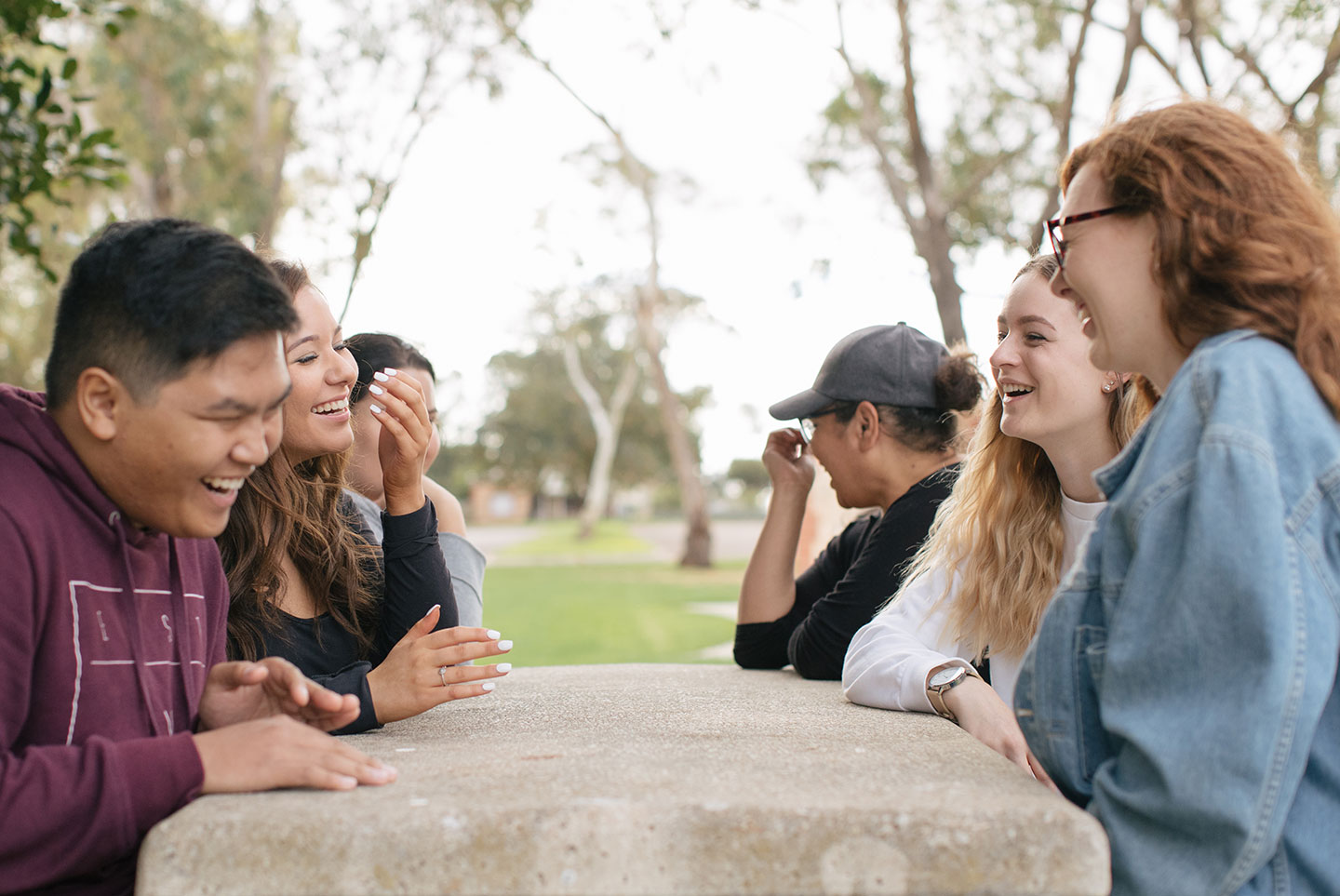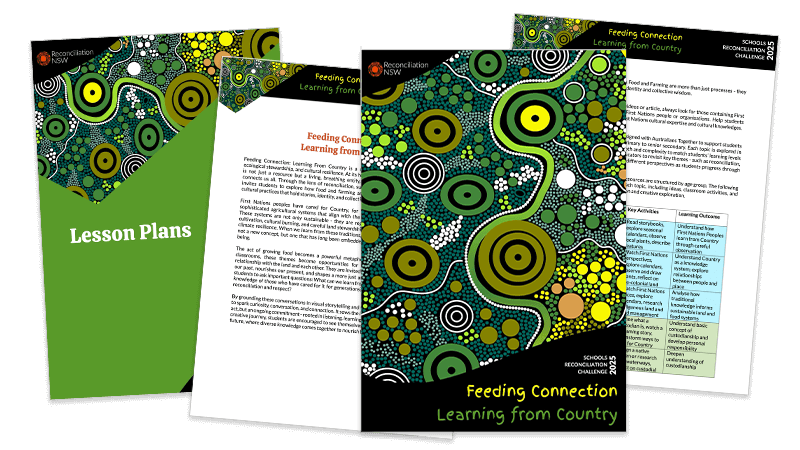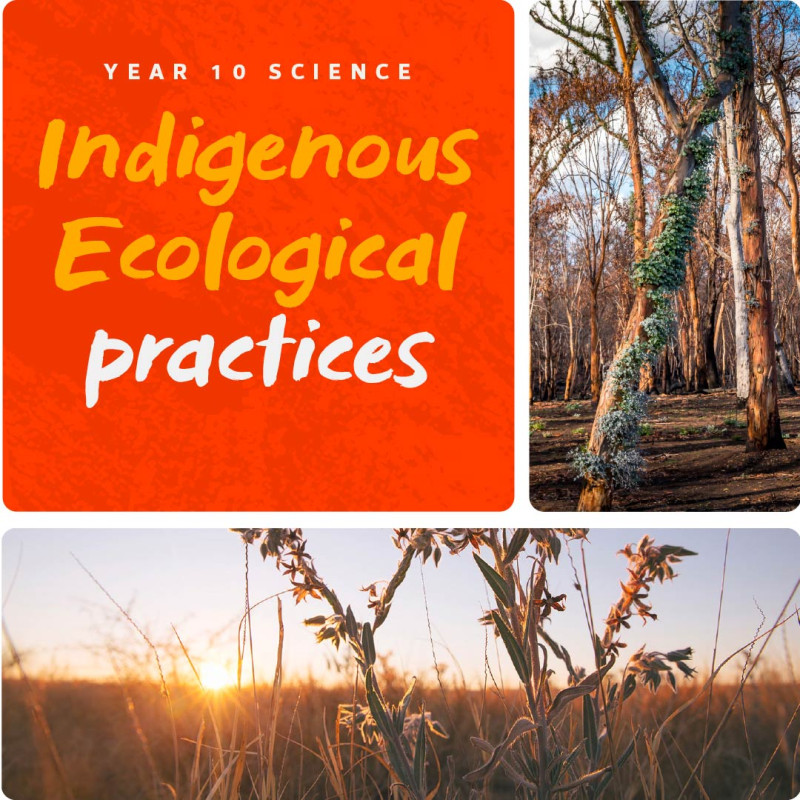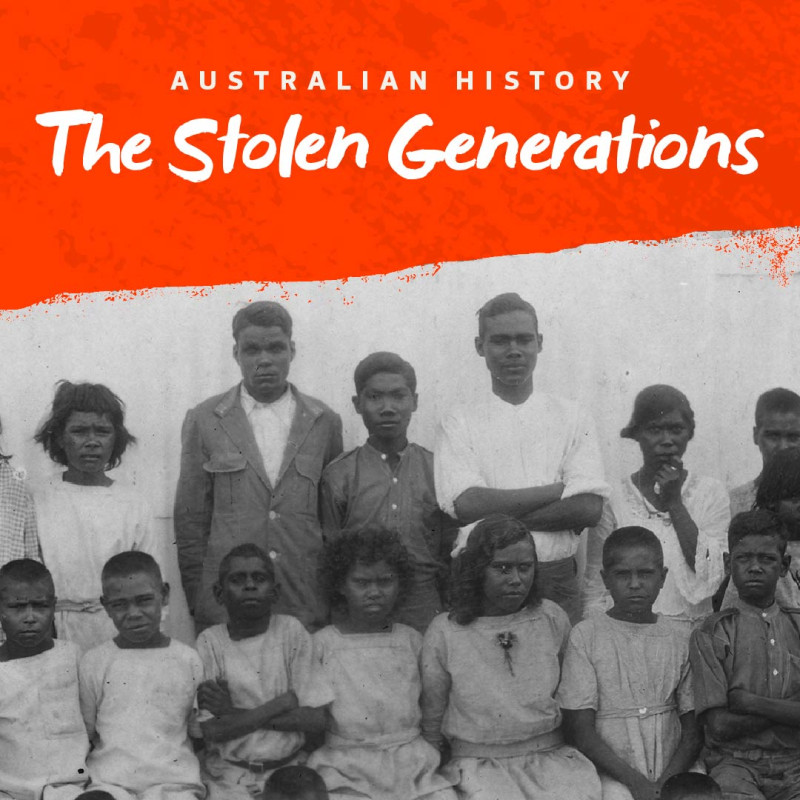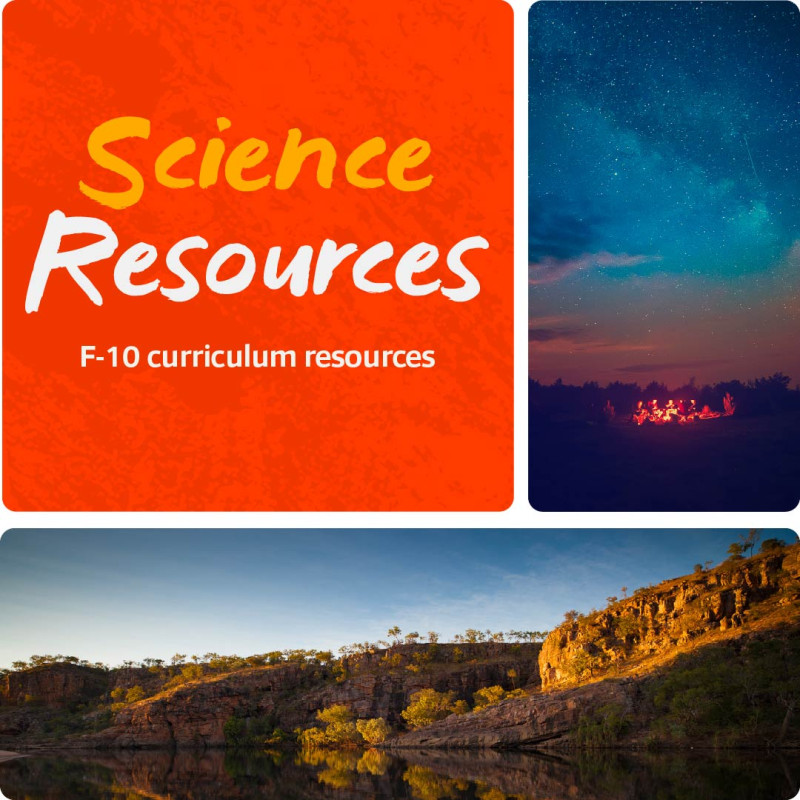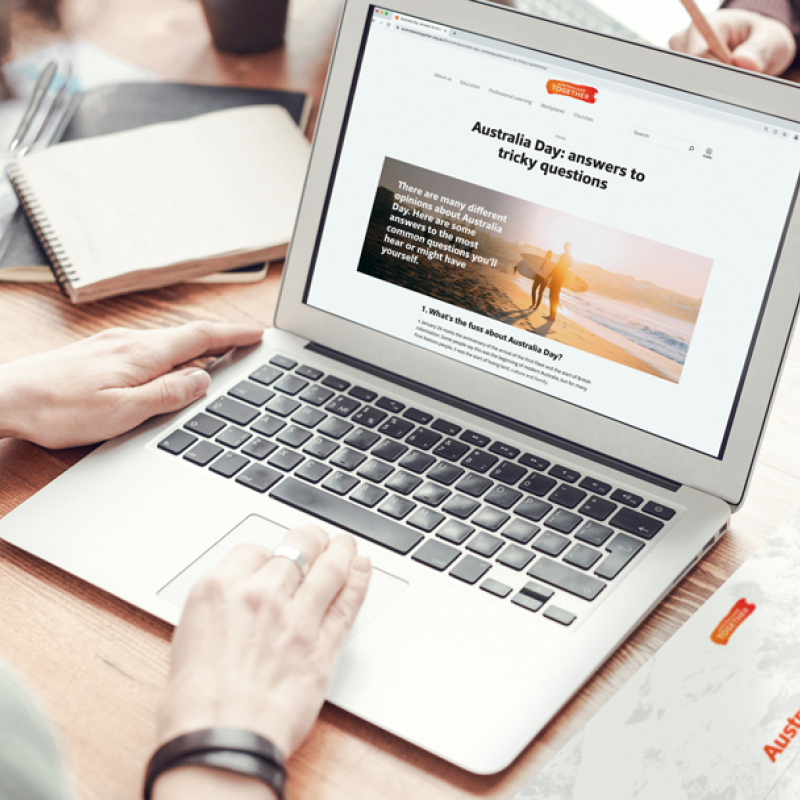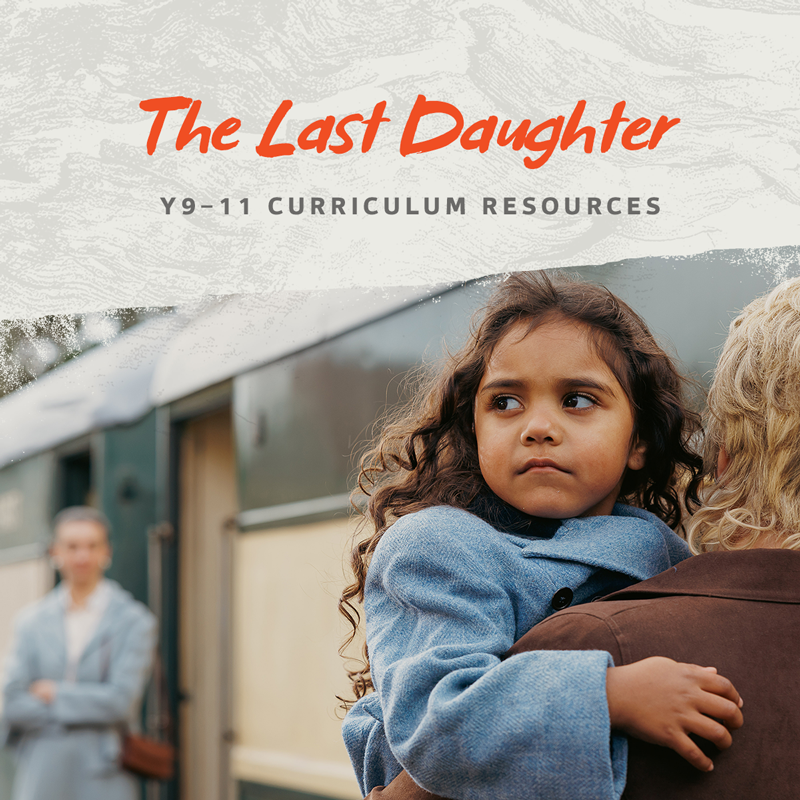
NEW - Learn and Do resources
Ready-to-go activities, to save you time and engage your students
Find out moreKey Dates and Topics
NAIDOC Week 2021
Foundation
Foundation English & HASS – Stories, families, places: belonging forever and ever
Year 1
Y1 Science & English – Knowing Country
This unit explores the important information First Nations Peoples collect and communicate from observing the natural environment. Students will identify and make connections to what we observe, why we observe, how we observe and ways to communicate observations.
Y1 English, HASS & Drama – First Nations societies before colonisation: Dreaming, living, using waterways
Y1 English & Science – Tracking meanings from cultures and Country
Year 3
Y3 Science – Rocks and minerals
Students compare the observable properties of soils, rocks and minerals, and investigate why they’re important resources. They discover how rocks and minerals are used by First Nations Peoples, and learn about scientific knowledges that have been passed down through generations.
Y3 Visual Arts, HASS & English – Showing connection to Country through art
Students explore First Nations Peoples’ connection to Country and how it can be depicted through art. Students experience Country by observing and discussing the work of Bundjalung artist Bronwyn Bancroft, and express their own connections to special places using artistic processes and language.
Year 4
Y4 Science & HASS – Caring for water
Students learn about water and the ways it enriches life. They explore how water’s perceived, valued and how it connects places in the environment. In looking at how First Nations Peoples understand and care for water, students develop their appreciation for water and water places, to learn to care for and sustain these places.
Year 5
Y5 Science – Erosion and weathering
Students learn how we can use scientific knowledge of erosion and weathering to better protect and preserve sites of cultural significance of First Nations Peoples. Students experiment on different materials to see erosion and weathering in action.
Y5 Science & HASS – Sustainable solutions: how Indigenous knowledge can lead to better land and water management in Australia
Y5 Science – Indigenous stories of the night sky
Year 7
Y7 Maths – Algebra: fishing by the seasons
In this unit, students work with algebraic formulas, identifying patterns and interactions between real-life variables. They begin to understand First Nations Peoples’ knowledges and observations of the environment, in this instance moon phases and tides in First Nations fishing practices.
Y7 Geography – Values of water
Students explore the importance of water for First Nations Peoples in Australia and the material, cultural and spiritual meanings associated with bodies of water. The impact of colonisation, First Nations water management and struggles for water rights are explored through three case studies.
Y7 Geography – In what ways is water important to First Nations people and societies?
Year 8
Y8 Geography – Cities are Country
Students consider the connection First Nations people have with Country in built and natural environments. They explore the complexity of that connection through naming of Country, and study the role First Nations consultation plays in managing and caring for Country in urban settings.
Y8 English – First Nations poetry and song
Students explore lived experiences of First Nations Peoples, reflecting on the use of language to examine themes of identity, Country and disconnection from culture. Students develop an understanding of tone and other literary devices, and skills in communicating their ideas about texts.
Year 9
Y9 Drama – The truth in our history
Students explore the effects and impacts of four major historical events on First Nations people. Using the philosophy and techniques of the choreographer Mary Overlie, students undertake a range of practical exercises to increase their awareness of this continent’s vast histories and rich cultures.
Year 10
Y10 Drama – The truth in our history
Students explore the effects and impacts of four major historical events on First Nations people. Using the philosophy and techniques of the choreographer Mary Overlie, students undertake a range of practical exercises to increase their awareness of this continent’s vast histories and rich cultures.
Y10 History – WWII First Nations perspectives
Students explore the inspiring stories of First Nations people who served Australia during WWII, as well as those who fought for their own rights before and after. By interrogating a rich range of sources, students hear the voices and perspectives of First Nations Peoples. Students complete a critical source analysis assessment.
Y10 Science – Toxic or edible?
This chemical science unit looks at the chemical processes First Nations people use across the continent to detoxify substances (such as seeds) to make them edible. It covers processes such as leaching and fermentation.
Learn and Do - 'grab-and-go' activities
New curriculum resources designed to spark student engagement through interactive activities. Students will discover stories of remarkable First Nations people and explore key concepts like Country, connection and wellbeing.
Need custom curriculum resources for your school or organisation?
Our expert team of curriculum writers, First Nations cultural advisors, and academics can create high-quality resources tailored to your needs. We partner with schools and organizations to develop meaningful, culturally responsive materials.
Get in touch for a free quote on our curriculum development services.
Want custom resources made for your school?
Partner with us to create tailored teaching and learning materials that embed First Nations perspectives. After working together, you’ll receive culturally appropriate, teacher-ready resources designed for your school’s unique needs.
Australians Together Learning Framework
Take a deep dive into the Learning Framework and explore our vast array of First Nations stories, activities, resources, and more. Curate your own customised learning journey to unlock the truth of our past, prompt reflection about our present, and inspire meaningful action that will bring about a brighter shared future for our nation.
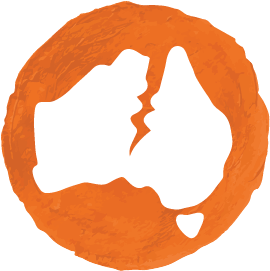
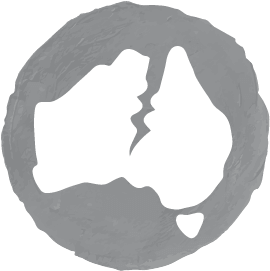
Injustice from the impact of colonisation.
Discover our curated collection of stories, articles and statistics that expose the injustices at the heart of our nation.
Who are Indigenous Australians?
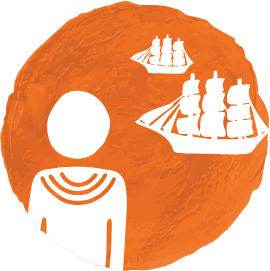
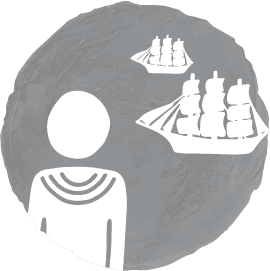
A past that shapes our story as a nation.
Tell stories that many Australians have never heard.
Immerse yourself in stories and articles to understand the connection between our nation’s past and present.
Busting the myth of peaceful settlement
Early missionaries to Australia
The civil rights movement in Australia
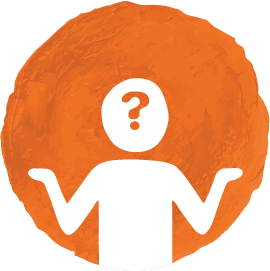
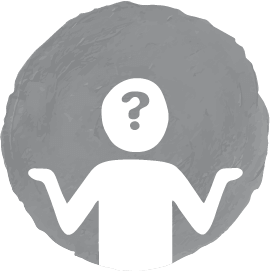
What’s it got to do with me?
Examines why this is relevant to every Australian.
Browse articles and stories that explore the ways we’re all connected, and what this means for us as Australians, collectively and individually.
What does this have to do with me?
Australia Day: answers to tricky questions
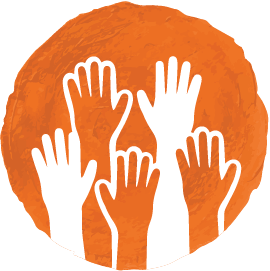
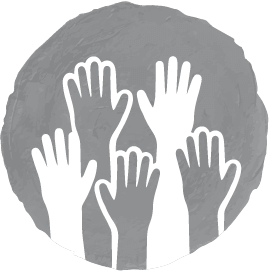
Everyone has culture. Know about your culture and value the culture of others.
Dive into stories and articles that explore the significance of culture and its role in building a brighter future together.
Welcome to and Acknowledgement of Country
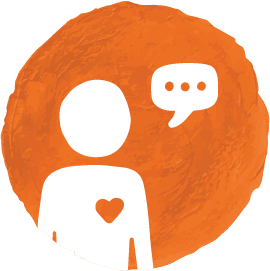
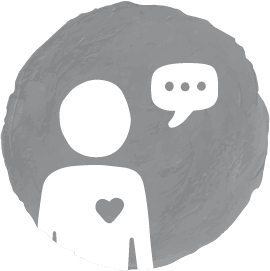
Steps we can take to build a brighter future.
Find inspiration in stories and articles that show even little steps can lead to big change when we do things together.
How do I get the most out of these resources?
The resources are designed to be flexible and modular, working around how you like to teach. You can use the resources exactly as they’re designed, or as a starting point from which to build your own lessons. Make them your own and use them to help you feel more confident in class.
Ready-made resources that save you time and help engage students
Make a difference in your classroom with easy-to-use, ready-made resources that will help your students understand First Nations stories, experiences and perspectives.
- Everything is ready to go
- Save you time
- Authentic learning
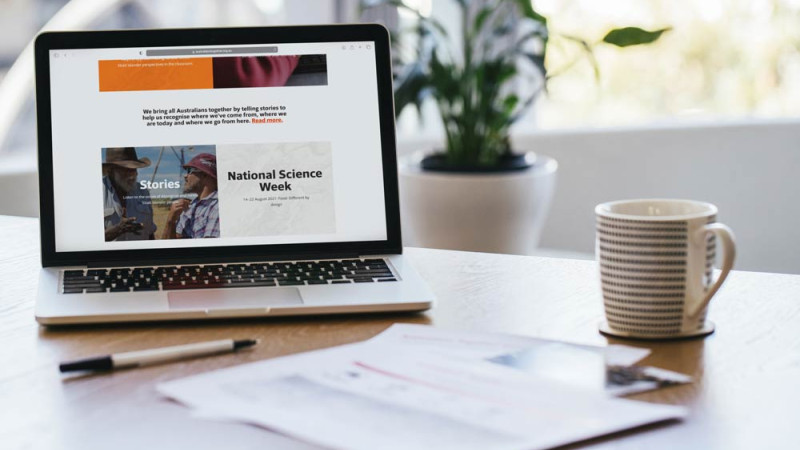
How will Australians Together continue to help me?
Change takes time and we’re here to provide the support you need over the long term. We’re constantly building new resources and we love to hear from educators like you. Feel free to reach out at any point and we can see how we can help. Together we can build a brighter future and a more united Australia for everyone.
Here’s why so many teachers love our resources:
- Everything is ready to go
Our resources include teacher guides and student handouts. - Save you time
Teachers love our resources as they it saves them time when lesson planning and they’re packed full of activities that really engage students. - Authentic learning
Teachers are following our resources’ responsive framework to confidently teach about Aboriginal and Torres Strait Islander histories, cultures and perspectives.
Have your say
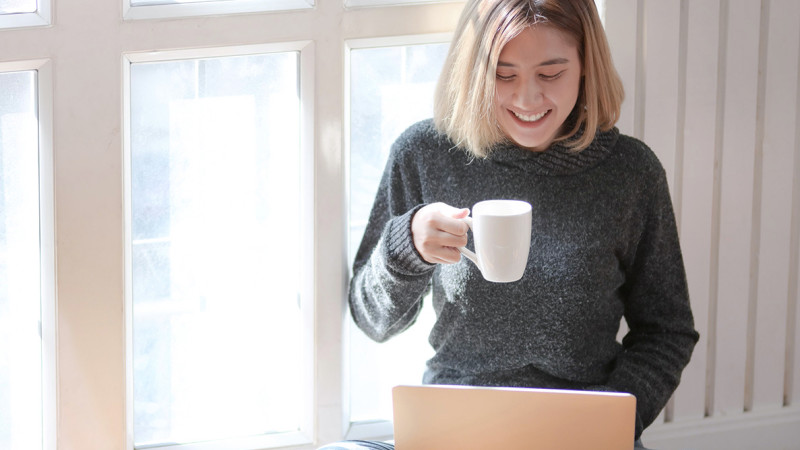
Lets talk
We'd love to hear your feedback, comment or suggestions.
contact@australianstogether.org.au
Phone: (08) 7073 6499
PO Box 107
PARK HOLME SA 5043
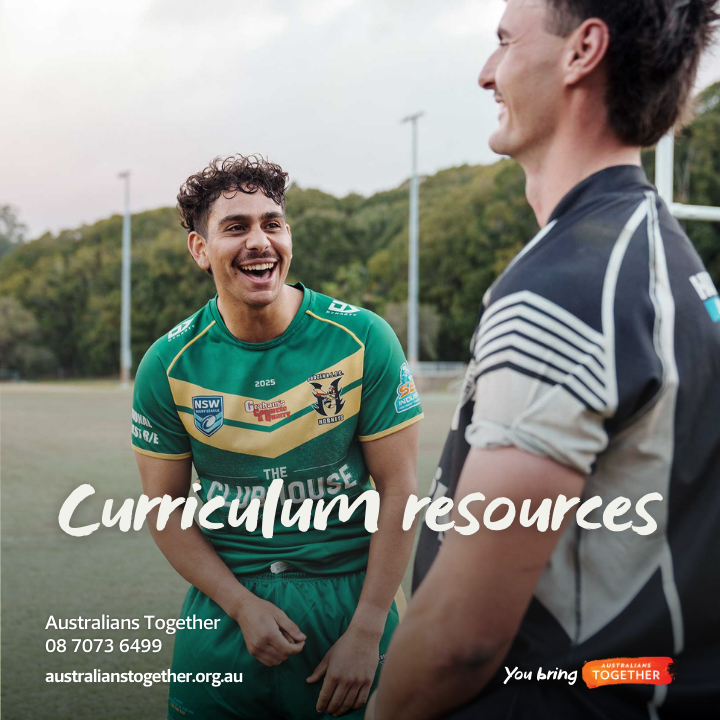
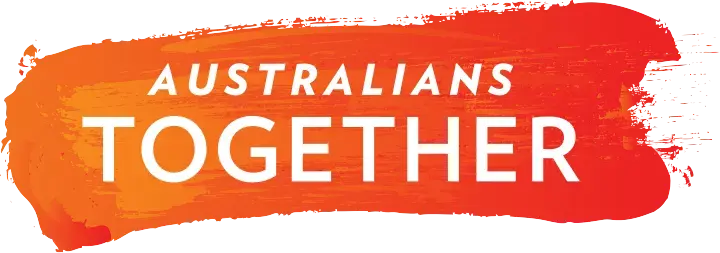
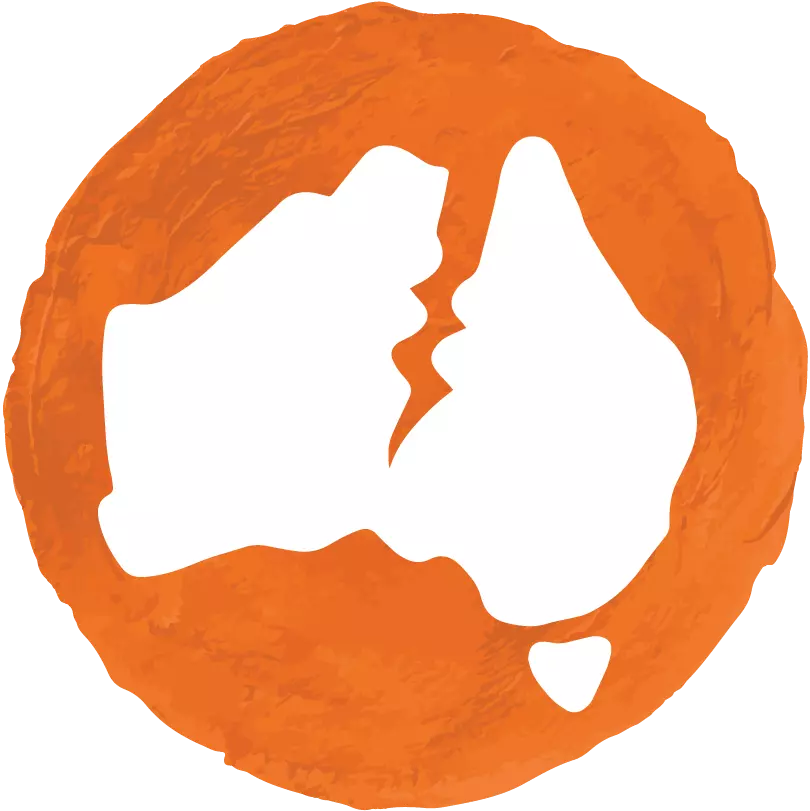 The Wound
The Wound
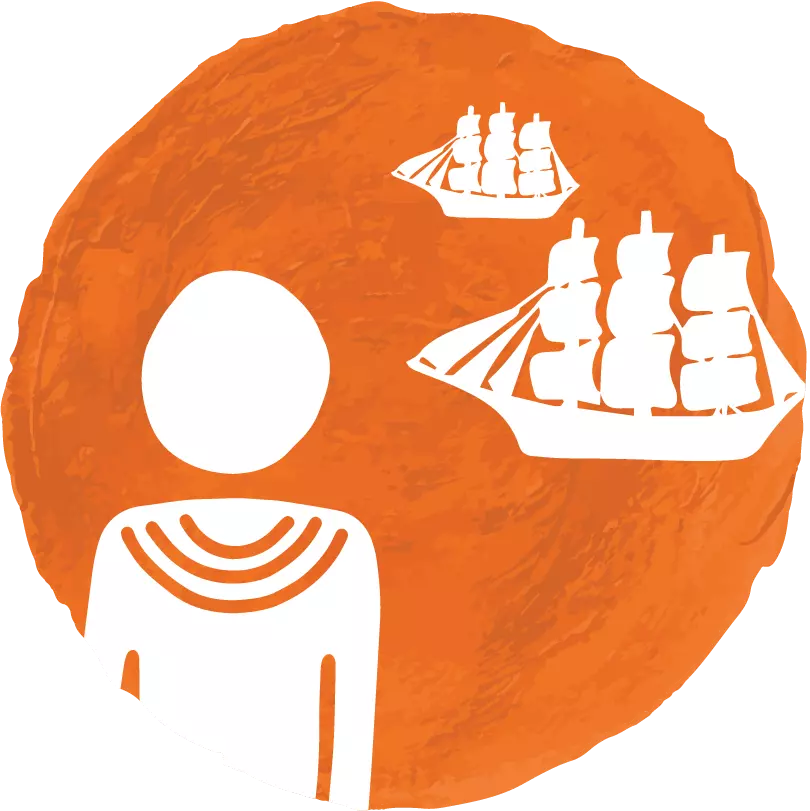 Our History
Our History
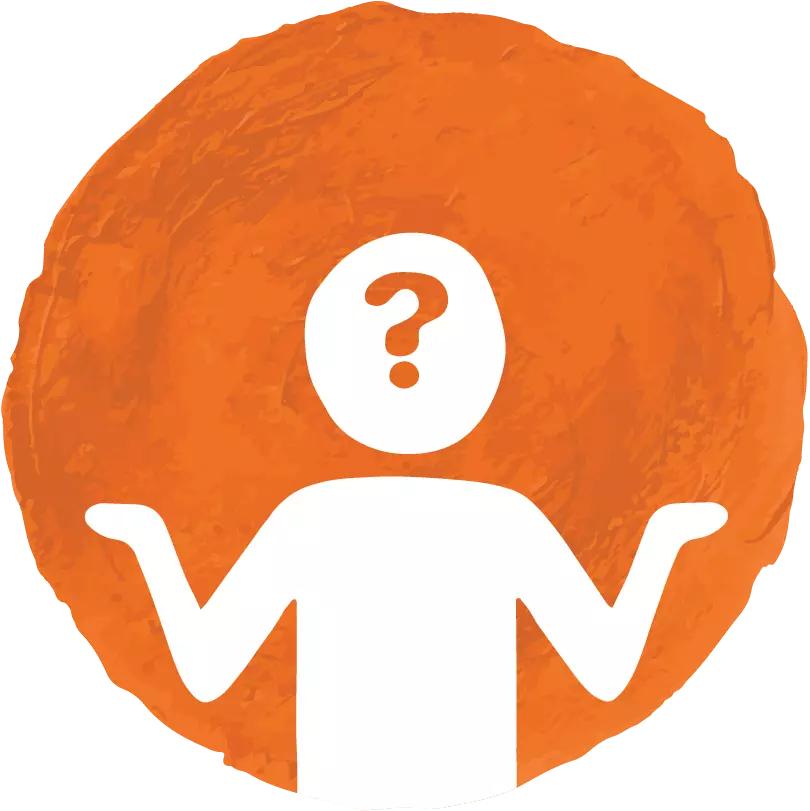 Why Me?
Why Me?
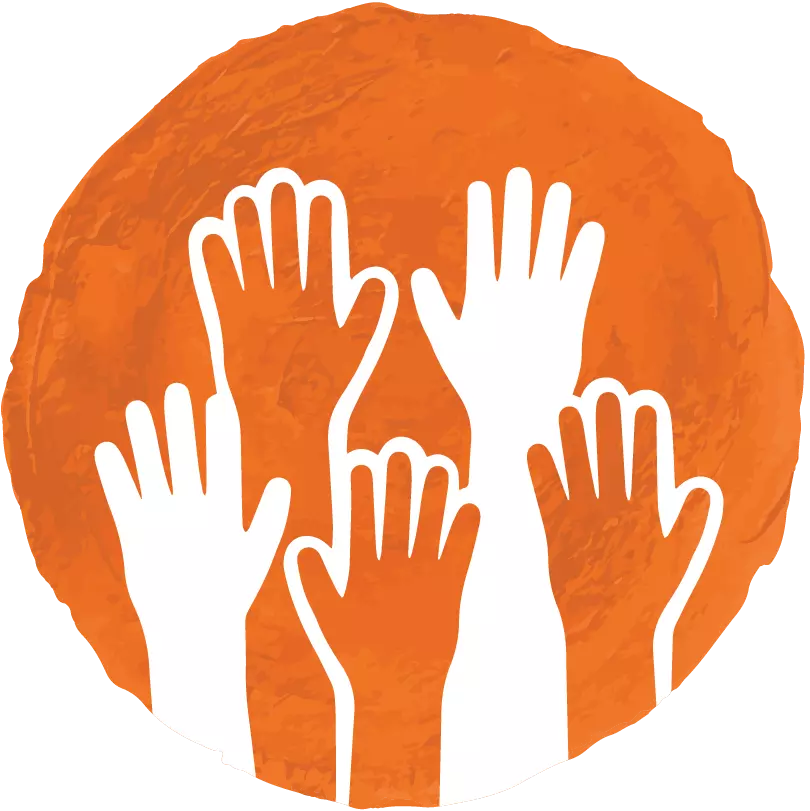 Our Cultures
Our Cultures
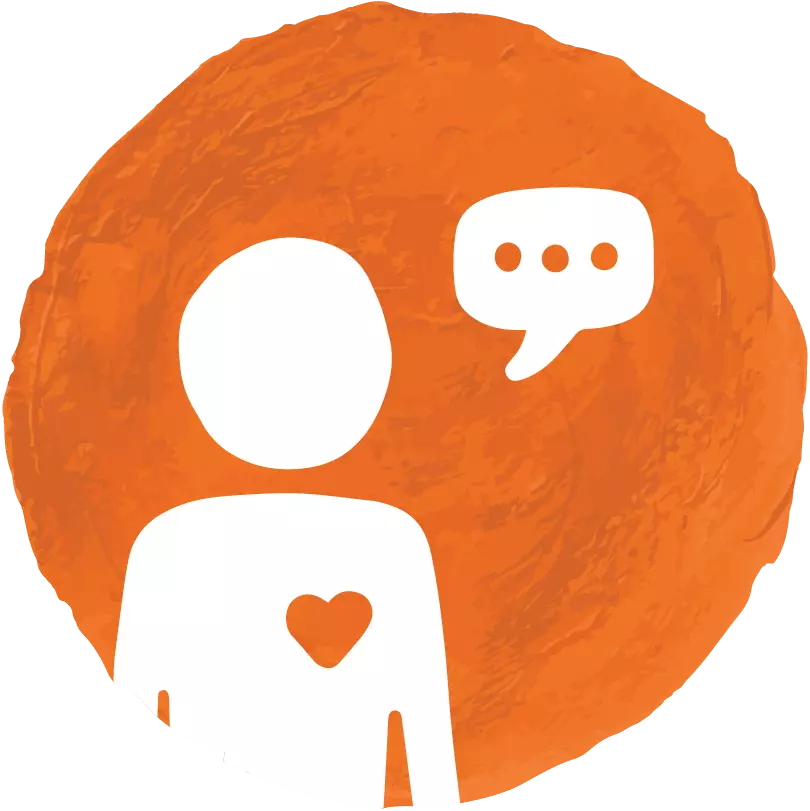 My Response
My Response





